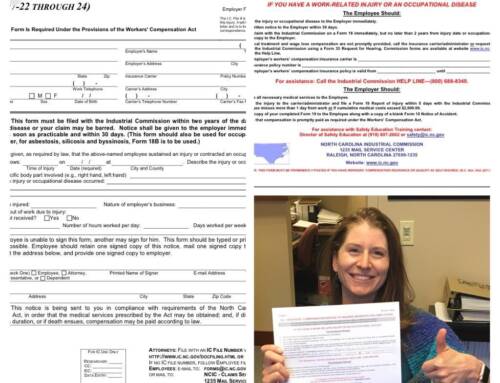Today’s post comes from guest author Barbara Tilker from Pasternack Tilker Ziegler Walsh Stanton & Romano.
As I discussed in a previous post, you don’t have to be on Social Security Disability (SSD) forever. Many people find that their medical conditions improve and they want to try to get back to work. However, it’s hard to get back into the workforce after being out of it for a long time, and people are worried about losing their eligibility for benefits if they try to go back to work but are unsuccessful.
Social Security recognizes that it can be difficult for people to get back into the labor market and that people would be reluctant to go back to work if they would automatically lose entitlement to their disability benefits. To address these concerns, Social Security runs several programs to help people transition back into the workforce while maintaining financial eligibility.
Social Security has many programs and policies to help people return to work, but I will discuss two of these programs in some detail. These are the Ticket to Work program and the Trial Work Period.
The Ticket to Work program gives disabled individuals access to a network of services that offer retraining and vocational rehabilitation. This is a free, completely voluntary program. Once you reach out to them, you will undergo an evaluation to determine your specific needs and an individualized program will be developed for you. If you are unhappy with the group that you’re working with you are free to switch to another provider in the program who can better address your needs.
Once you return to work, you are entitled to a Trial Work Period (TWP). Please note that individuals who receive Supplemental Security Income (SSI) are not eligible for a TWP. A TWP is nine (9) months in a rolling sixty (60) month period when you can work and still receive your disability benefits. Any month in which you earn more than $750 in 2013 will be considered one of your TWP months. Once you have used all your TWP months, Social Security will determine that you are no longer entitled to benefits due to your work activity. You will receive your benefits for the month your disability ends and the month after that. After that, your entitlement to monthly benefits will end, but you may be able to keep your Medicare coverage for an extended period afterwards.
You should always discuss your plans to return to work with Social Security, because many of these rules are complicated…
You should always discuss your plans to return to work with Social Security, because many of these rules are complicated and not following them can result in Social Security paying you more in benefits than you are entitled to – benefits which you will have to pay back. These explanations are intended to give you an overview of the programs available and your situation may be different. Always talk to your attorney or someone at Social Security before returning to work to avoid problems.







